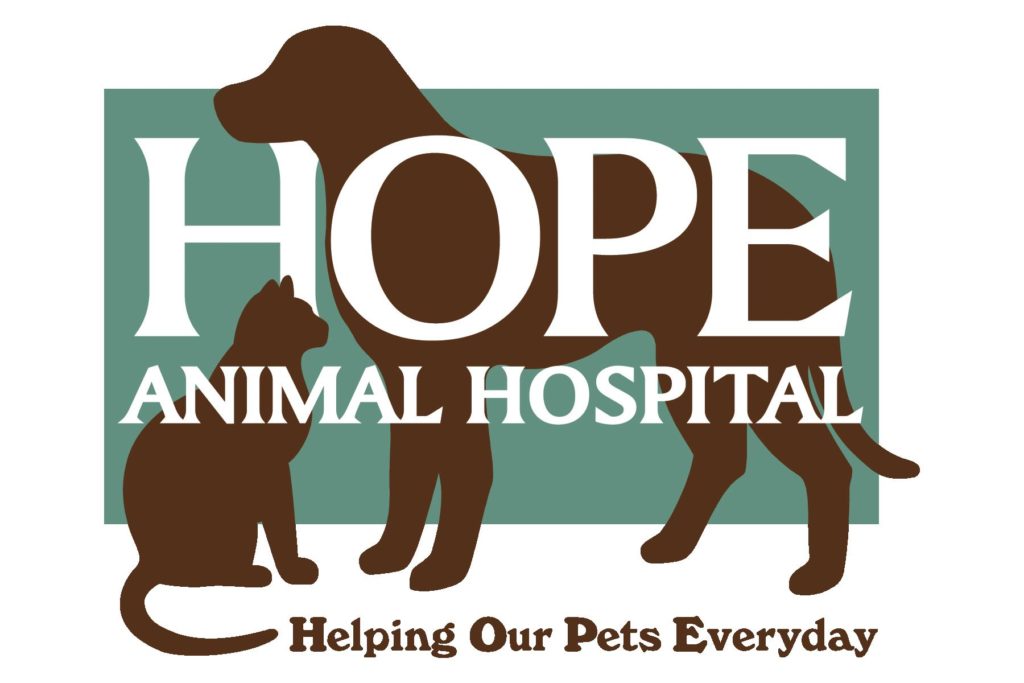Applying Eye Ointments to Dogs
The proper administration of eye medications is essential for your pet's prompt recovery. Make sure that you wash your hands both before and after administering the medication to avoid contamination and prevent the possible spread of infection.
If your dog's eye is painful, you may need to have someone assist you with restraint or you may need to place a muzzle on your dog. Before you start, make sure that you have read your veterinarian’s label and understand the instructions. If you have any questions, please ask your veterinarian prior to administering any medication.
What advice do you have for applying ointment to my dog's eye?
Here are some step-by-step instructions that might make administering your dog's eye ointment easier:
- Hold the ointment tube using your thumb and index finger. You may want to rest this hand on the top of your dog's head to help stabilize it, or depending on your dog, under their chin with the palm of your hand.
- With your other hand, use your thumb to gently pull down the lower eyelid or your thumb and forefinger to open both upper and lower eyelids. Place your remaining fingers under the dog's jaw to support the head if you are not using your palm as noted above.
- Squeeze the ointment onto the inside edge of the lower lid. Make sure that you DO NOT touch the eye's surface with the tube. Your veterinarian will have instructed you on the amount of ointment to apply, typically a one-quarter inch (1/4" or 6 mm) strip of ointment for most ophthalmic medications.
- The warmth of the eyeball should melt the ointment, helping it to spread. The dog will blink, further spreading the medication over the surface of the eye. It is normal to see the ointment accumulate in the corners of the eye after administration.
- Make sure you give your dog plenty of praise throughout the procedure and offer a treat after applying the ointment.
- Always speak and move in a calm and quiet manner. Dogs can easily detect your anxiety, so the more relaxed you are, the more they will be at ease.
If you have any questions, please contact your veterinarian immediately. If the eye(s) appear severely inflamed or painful, or if the condition appears to worsen, do not delay in seeking veterinary medical advice.
© Copyright 2025 LifeLearn Inc. Used and/or modified with permission under license. This content written by LifeLearn Animal Health (LifeLearn Inc.) is licensed to this practice for the personal use of our clients. Any copying, printing or further distribution is prohibited without the express written consent of LifeLearn. This content does not contain all available information for any referenced medications and has not been reviewed by the FDA Center for Veterinary Medicine, or Health Canada Veterinary Drugs Directorate. This content may help answer commonly asked questions, but is not a substitute for medical advice, or a proper consultation and/or clinical examination of your pet by a veterinarian. Please contact your veterinarian if you have any questions or concerns about your pet’s health. Last updated on Mar 21, 2023.

